Neonatal Genetic Testing
A new technique makes it possible to scan a sick newborn's entire genetic code in 50 hours.


A new technique makes it possible to scan a sick newborn's entire genetic code in 50 hours.

SOUNDS & SIGNALS: We revisit one of Science Update's most memorable podcasts about the science of communication, from 2009: Prairie dogs sound the alarm, turning bed bugs against themselves, bird songs vary by climate, and improving forensic voice comparison.


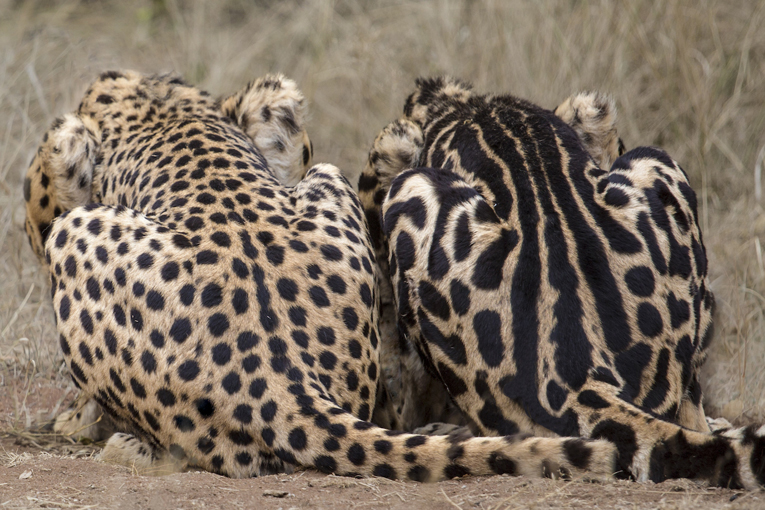
Scientists have discovered that mutations to a single gene in cats can turn stripes into blotches or even erase color patterns altogether.

ENERGY & AGRICULTURE - New developments in wind power, a solar cell made from spinach, transparent soil clarifies plant research, extending the growing season, and how rainforests prevent drought in farmland.
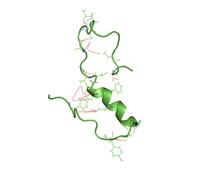

Tigers in Nepal are adapting to the presence of humans by changing their daily routine.
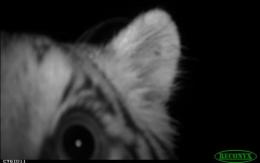
ANIMAL CONSERVATION - Nepalese tigers co-exist with people, aggression is giving Tasmanian Devils cancer, tadpoles keep their personalities when they become frogs, and a new monkey species is discovered in Africa.
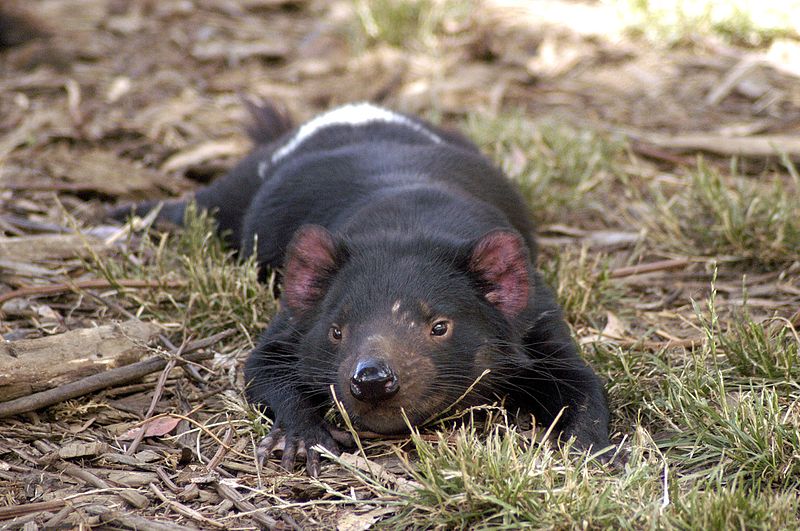
Tasmanian Devils may need to tone down their aggression to survive an epidemic.


Peacocks communicate with sounds that fall below the range of human hearing.

MEDICAL BREAKTHROUGHS - A new drug that could block heroin addiction, how mice could speed up AIDS research, and why we're more prone to cancer than our closest living relatives. Also: the two brain chemicals behind sleep paralysis.

By manipulating how plants respond to the shorter days in the fall, researchers hope to get crops to produce fruit longer.

Chimps exhibit many human-like social behaviors, but punishing the crimes of others isn't one of them.

A drug called (+)-naloxone blocks the brain’s addiction to heroin and other opiates.
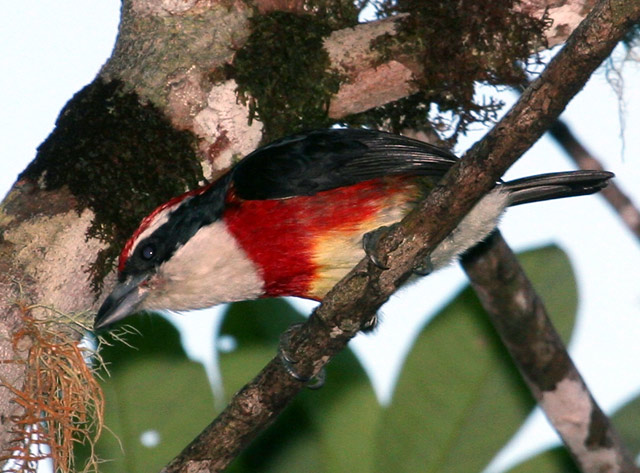
A strange looking tropical plant is helping researchers understand the life-cycle of the cell.

The Earth Microbiome Project is an unprecedented effort to study microbial communities around the world.
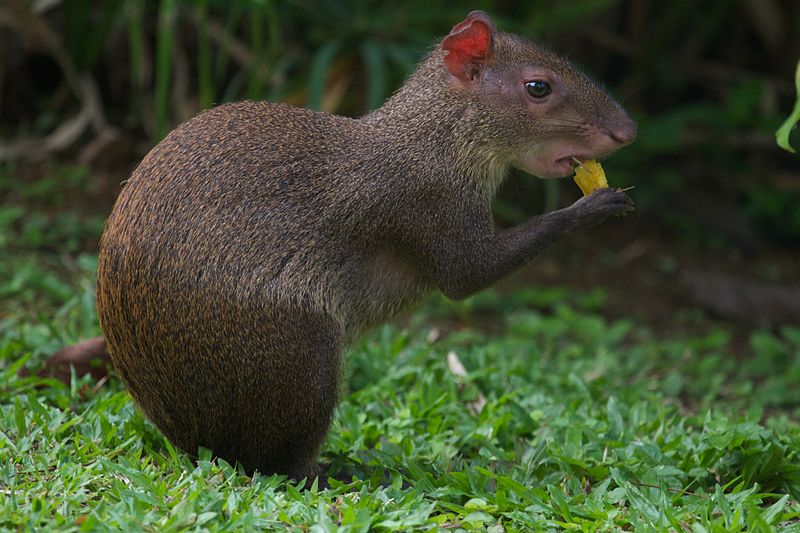
Tropical rodents called agoutis steal cached seeds from each other, and the behavior may have helped a plant species avoid extinction.


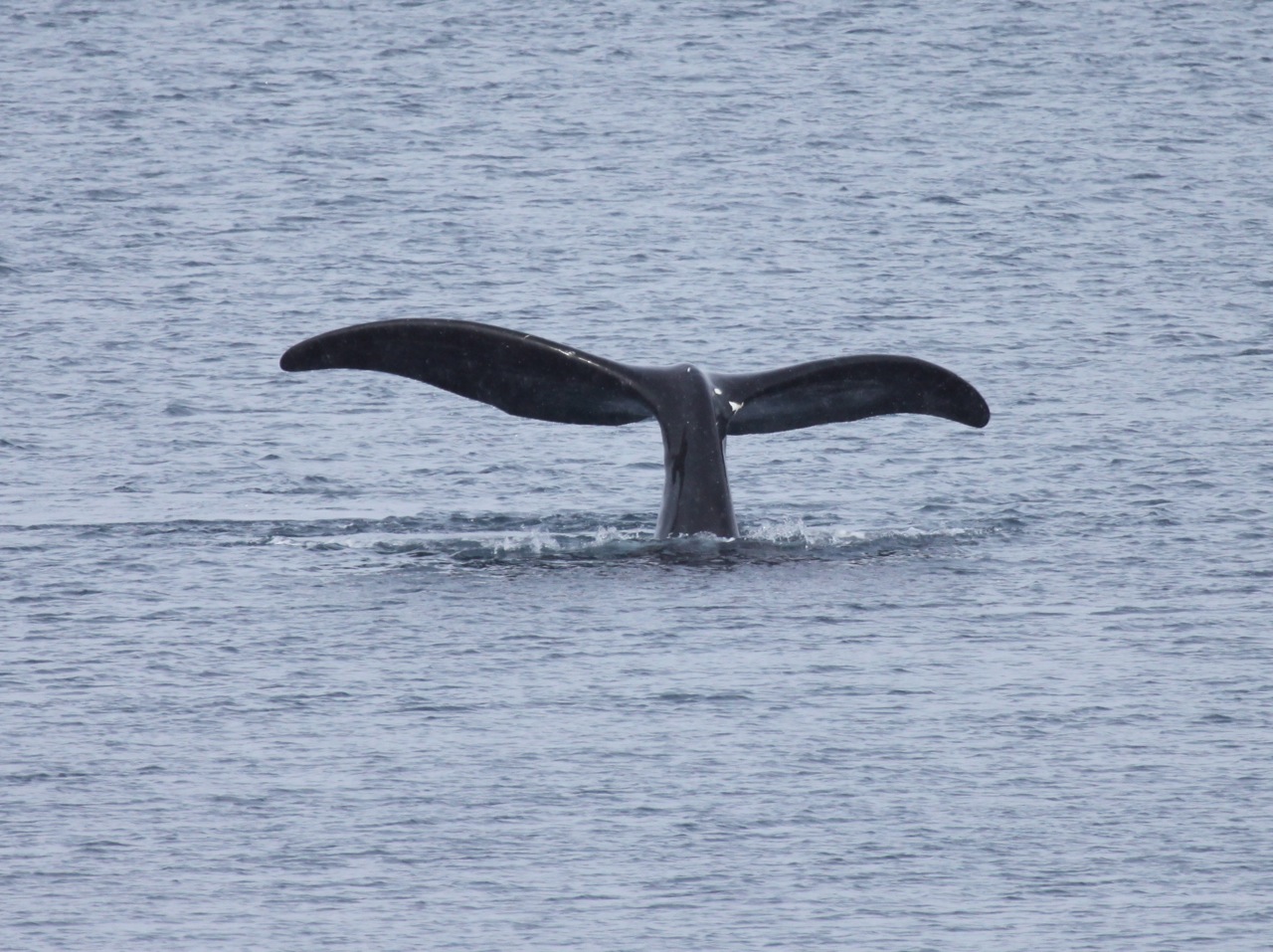
Bowhead whales in the Arctic Ocean sing a large variety songs to communicate with other whales.
